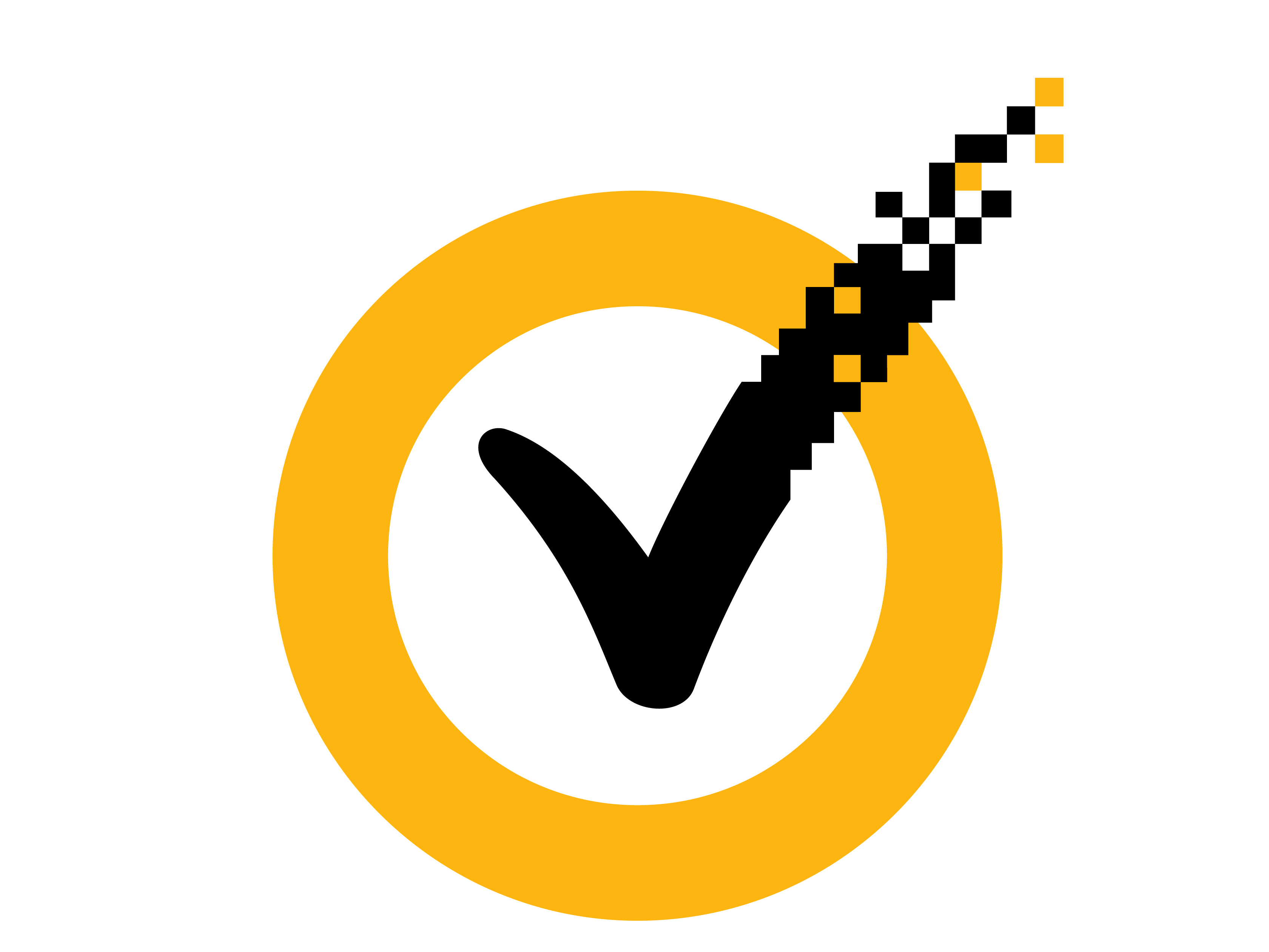UK in top four for sending spam
The UK has taken fourth place in the list of countries with the most spam relays.


The level of spam coming from the UK has doubled since April, making the nation the fourth largest source of spam in the world.
In August, 4.5 per cent of global spam came from the UK, over double the percentage seen in April, a report from Symantec Hosted Services has shown.
The UK remains behind the US, India and Brazil in the list of top spam-relaying nations.
Similar rises to the UK's were also seen in Germany, France and Italy, meaning four of the top 10 spam sending countries are now located in Western Europe.
Overall, the percentage of spam sent by botnets has increased from 84 per cent of all spam in April, up to 95 percent in August.
The Rustock botnet kept its place as the king of spam, putting out 41 per cent of all botnet spam in August.
A significant number of unregistered botnets were also seen sending out messages, as 17.6 per cent of all spam came from these unclassified sources.
Get the ITPro daily newsletter
Sign up today and you will receive a free copy of our Future Focus 2025 report - the leading guidance on AI, cybersecurity and other IT challenges as per 700+ senior executives
"We have seen impressive activity from the usual botnet suspects and in many cases there are likely to be newer incarnations of existing botnets that have been updated and there are also likely to be some brand new botnets that are now beginning to emerge," said Paul Wood, MessageLabs Intelligence Senior Analyst, Symantec Hosted Services.
A recent report from AVG pointed to the UK as the 30th most dangerous place to go online.
Tom Brewster is currently an associate editor at Forbes and an award-winning journalist who covers cyber security, surveillance, and privacy. Starting his career at ITPro as a staff writer and working up to a senior staff writer role, Tom has been covering the tech industry for more than ten years and is considered one of the leading journalists in his specialism.
He is a proud alum of the University of Sheffield where he secured an undergraduate degree in English Literature before undertaking a certification from General Assembly in web development.
-
 Bigger salaries, more burnout: Is the CISO role in crisis?
Bigger salaries, more burnout: Is the CISO role in crisis?In-depth CISOs are more stressed than ever before – but why is this and what can be done?
By Kate O'Flaherty Published
-
 Cheap cyber crime kits can be bought on the dark web for less than $25
Cheap cyber crime kits can be bought on the dark web for less than $25News Research from NordVPN shows phishing kits are now widely available on the dark web and via messaging apps like Telegram, and are often selling for less than $25.
By Emma Woollacott Published
-
 Outlook and Hotmail email accounts hit by spam attack
Outlook and Hotmail email accounts hit by spam attackNews Users were bombarded by spam emails apparently because Microsoft's spam filters weren't working properly
By Clare Hopping Published
-
 Symantec said to be mulling storage & security business split
Symantec said to be mulling storage & security business splitNews Report suggests Symantec may be considering splitting itself into two companies
By Caroline Donnelly Published
-
 Symantec Backup Exec 2014
Symantec Backup Exec 2014Reviews Symantec finally updates its Backup Exec software but is it too little, too late?
By Dave Mitchell Published
-
 Symantec touts 100 times faster backup
Symantec touts 100 times faster backupNews The firm claims its solution will cut backup costs by 80 per cent for both virtual and physical environments.
By Jennifer Scott Published
-
 New Cisco email services to enhance security and management
New Cisco email services to enhance security and managementNews Cisco's new email services could put Exchange's laughable email recall and receipts features to shame.
By Alan Lu Published
-
 Travelodge hit by data breach
Travelodge hit by data breachNews Customers of the hotel chain have been spammed following a data breach.
By Maggie Holland Published
-
 Symantec results better than expected
Symantec results better than expectedNews Symantec posts some positive results, beating Wall Street expectations.
By Tom Brewster Published
-
 Amazon Simple Email Service launched
Amazon Simple Email Service launchedNews Amazon's cloud side looks to help companies send out bulk emails with its new service.
By Tom Brewster Published